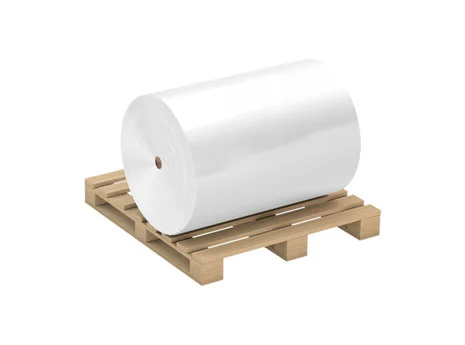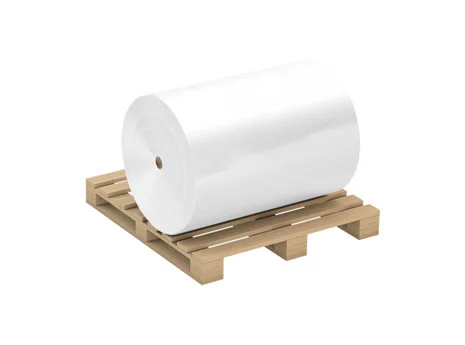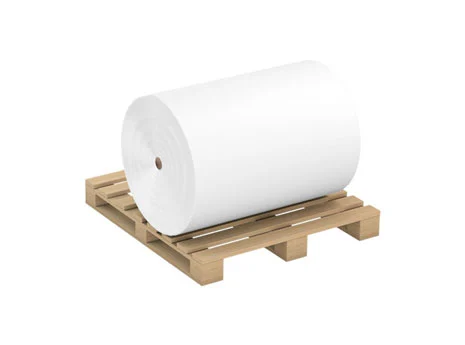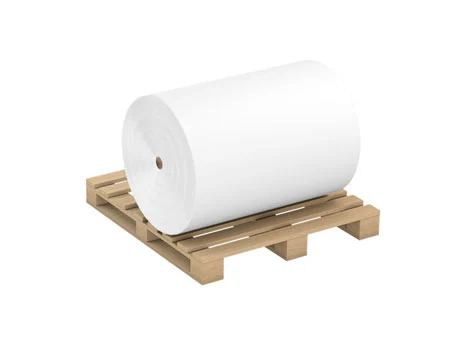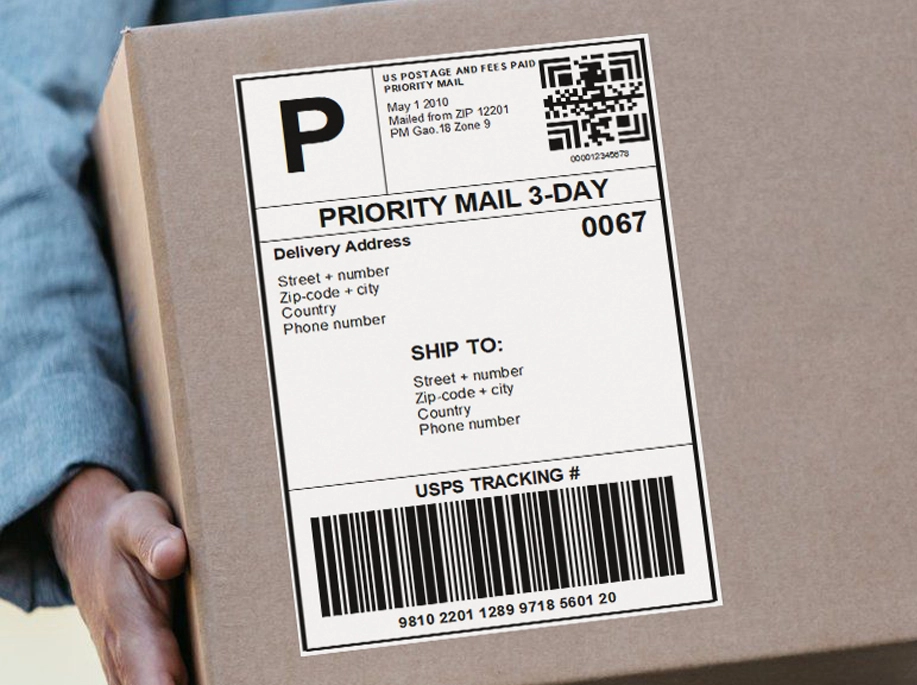
Synthetic paper, also known as chemical film paper, polymer paper, plastic paper, etc., is mainly made from organic resins such as polyethylene, polypropylene, and polystyrene. During the manufacturing process, these resins and inorganic fillers are melted, extruded, and formed into films, which are then stretched in different directions to generate thin films. Then, the film is processed into a "paper-like" form to make it opaque and improve its whiteness, thus producing synthetic paper. Synthetic paper is a new type of plastic material product that combines the characteristics of both plastic and paper.
The production process of synthetic sticker paper is pollution-free, and raw materials do not require wood or natural plant fibres, which can save a large number of forest resources and reduce environmental pollution.
Even if the product is incinerated after use, it will not produce toxic or harmful gases because its plastic base material only contains carbon and oxygen elements. It can be 100% recycled, reused, and is economically friendly.
It has a lightweight, high strength, and tear resistance. The whiteness and opacity of the paper can reach over 90%, providing good coverage and UV stability, and it is durable.
The surface is smooth, stable in size, has high-quality printing performance, good printing suitability, and the surface that is specially coated can be used for thermal transfer printing or writing with pencils or ballpoint pens.
It is easy to process and can be processed using cutting, die-cutting, embossing, hot stamping, drilling, sewing, folding, and glueing methods.
It has a long shelf life and is resistant to insects, water, chemicals, and oil.
It can come into direct contact with food.
Based on different raw materials, it is divided into PP synthetic paper, HDPE synthetic paper, PS synthetic paper, PVC synthetic paper, PET synthetic paper, ABS synthetic paper, etc. Most of the synthetic paper produced domestically are PP synthetic paper. Overall, synthetic paper is a major revolution in modern paper production and has extensive application prospects. Jinya Label has the following synthetic papers for you to choose:
Synthetic Sticker Paper FWMPP75-W58O35J
Synthetic Sticker Paper FWMPP75-W58OT40J
Synthetic Matte White Sticker FWMPP54-O18J
It is suitable for making high-quality labels, such as cosmetics, personal hygiene products, and promotional labels. The synthetic paper label is suitable for situations that require durability and moisture resistance, such as gasoline drum labels and household product labels. Synthetic paper is an ideal label material for polypropylene containers and environmental protection. Some types of synthetic paper are particularly suitable for wet wipes labels; some synthetic papers with special coatings on the surface can be used for thermal transfer printing. Overall, it has a wide range of applications and broad prospects.




 English
English  中文
中文  한국어
한국어  français
français  Deutsch
Deutsch  Español
Español  italiano
italiano  русский
русский  português
português  العربية
العربية  Polska
Polska  Indonesia
Indonesia 